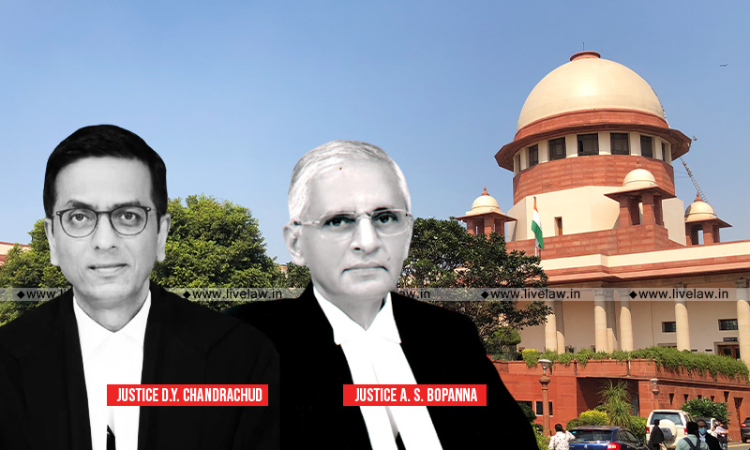Section 138 NI Act Attracted Even In Cases Where Debt Is Incurred After Cheque Is Drawn But Before Presentation: Supreme Court
LIVELAW NEWS NETWORK
3 Dec 2021 6:35 PM IST

"Merely labelling the cheque as a security would not obviate its character as an instrument designed to meet a legally enforceable debt or liability."
Next Story


